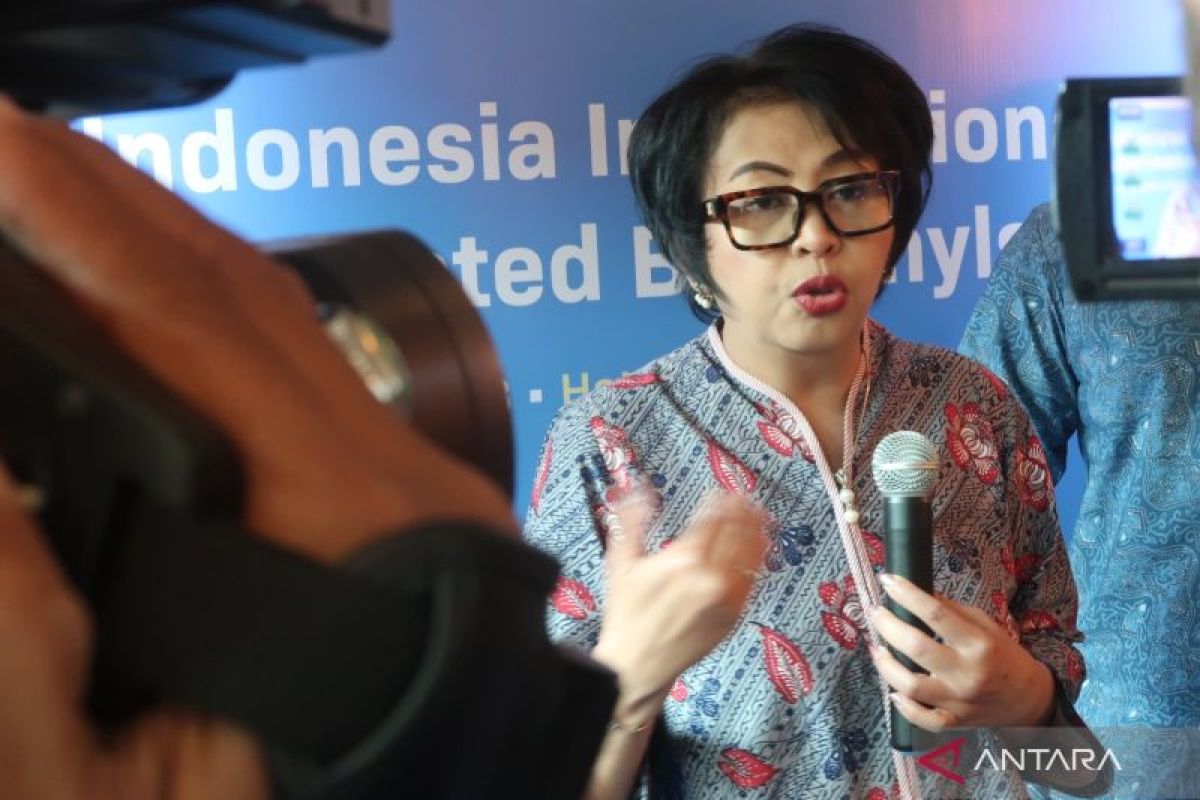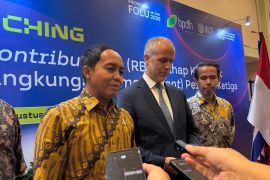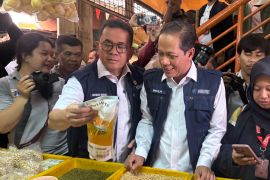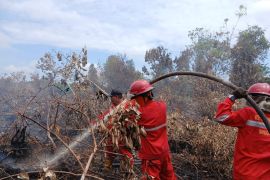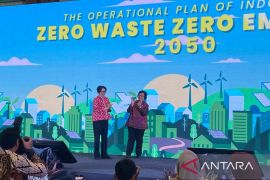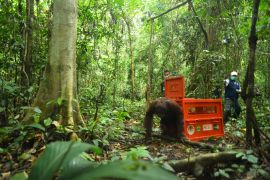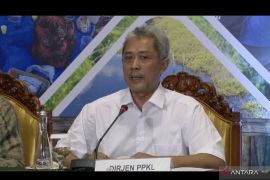Indonesia will gradually ban the use of PCBs in 2025Jakarta (ANTARA) - The Ministry of Environment and Forestry (KLHK) expressed its seriousness to eliminate the use of Polychlorinated Biphenyls (PCBs) in an environmental manner to free the country from these dangerous hydrocarbon compounds by 2028.
"Indonesia will gradually ban the use of PCBs in 2025. By 2028, we must eliminate PCBs," the ministry's Director General of Waste and B3 (toxic and hazardous material) Management, Rosa Vivien Ratnawati, stated in a PCBs management workshop on Wednesday.
In this PCBs elimination program, Ratnawati stated that Indonesia is collaborating with the United Nations Industrial Development Organization (UNIDO) through funding from the Global Environment Facility (GEF).
The collaborative project will start with disseminating information on regulations, increasing capacity, and raising awareness of the impact of PCBs among all stakeholders, namely related institutions, local governments, the industrial sector, especially the state-run electricity company, PLN, and non-governmental organizations, she remarked.
Moreover, the KLHK and UNIDO collaborative project has contributed to establish an important foundation to become part of the national efforts to eradicate PCBs by the end of 2028, she noted.
The PCBs project has facilitated the preparation and ratification of the lex specialis regulations of KLHK Regulation Number 29 of 2020 concerning PCBs Management.
"The PCBs project also contributed to increase institutional technical capacity by carrying out several dissemination of (information about) the project to stakeholders, including the construction of a laboratory for PCBs testing," Ratnawati added.
PCBs are stable man-made hydrocarbon compounds that are insoluble in water and have low electrical conduction. The compound is most widely used in electrical equipment, such as transformers, generators, capacitors, or coolers.
According to Ratnawati, PCBs are one of the persistent organic pollutants or POPs, with bioaccumulative and persistent characteristics.
She stated that PCBs are currently discussed at the international level, as these compounds are highly dangerous and toxic and can accumulate in the fatty tissue of living creatures.
The Stockholm Convention is targeting to stop the use of PCBs in transformer and capacitor equipment by the end of 2025, she stated.
The LHK Ministry, as the focal point of the Stockholm Convention, believes that efforts to accelerate environmentally friendly PCBs management can be realized by strengthening four pillars, Ratnawati stated.
She outlined that the first pillar is adaptive policy and regulatory innovation to international PCBs management.
Second, changes in the paradigm of financial institutions and innovation in the PCBs management financing system through green funding mechanisms.
Third, openness and technology transfer as well as advocacy, while the fourth pillar pertains to the promotion and advocacy of knowledge-sharing forums, best practices, and lessons learned.
"Let us free the country and the world from PCBs by the end of 2028 to create a healthy environment for a better future," she emphasized.
Related news: Indonesia inaugurates first non-thermal PCB processing machine
Related news: Govt to inspect compliance with vehicle emission testing
Related news: Minister highlights dual benefits of holding LIKE Festival
Translator: Sugiharto Purnama, Resinta Sulistiyandari
Editor: Sri Haryati
Copyright © ANTARA 2023
